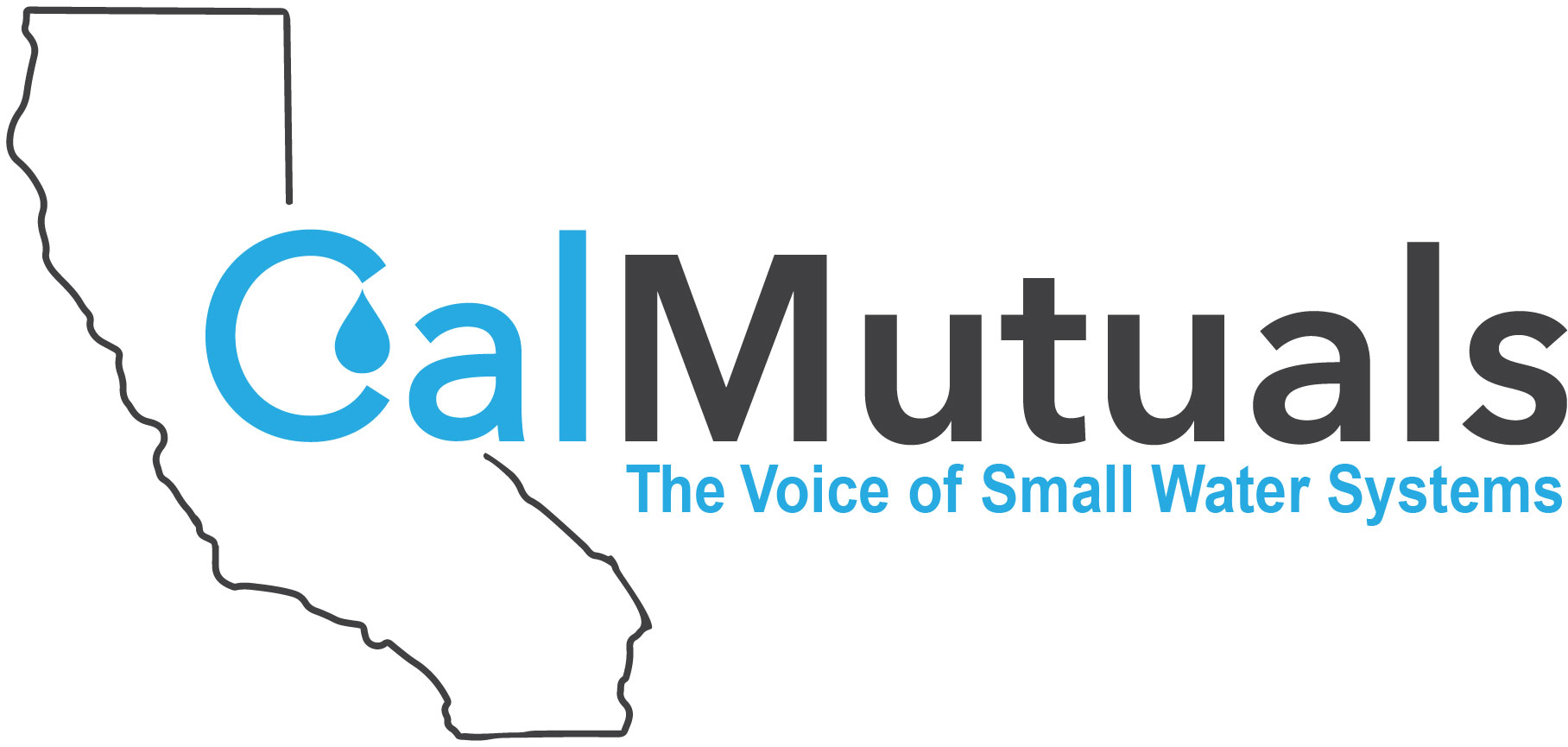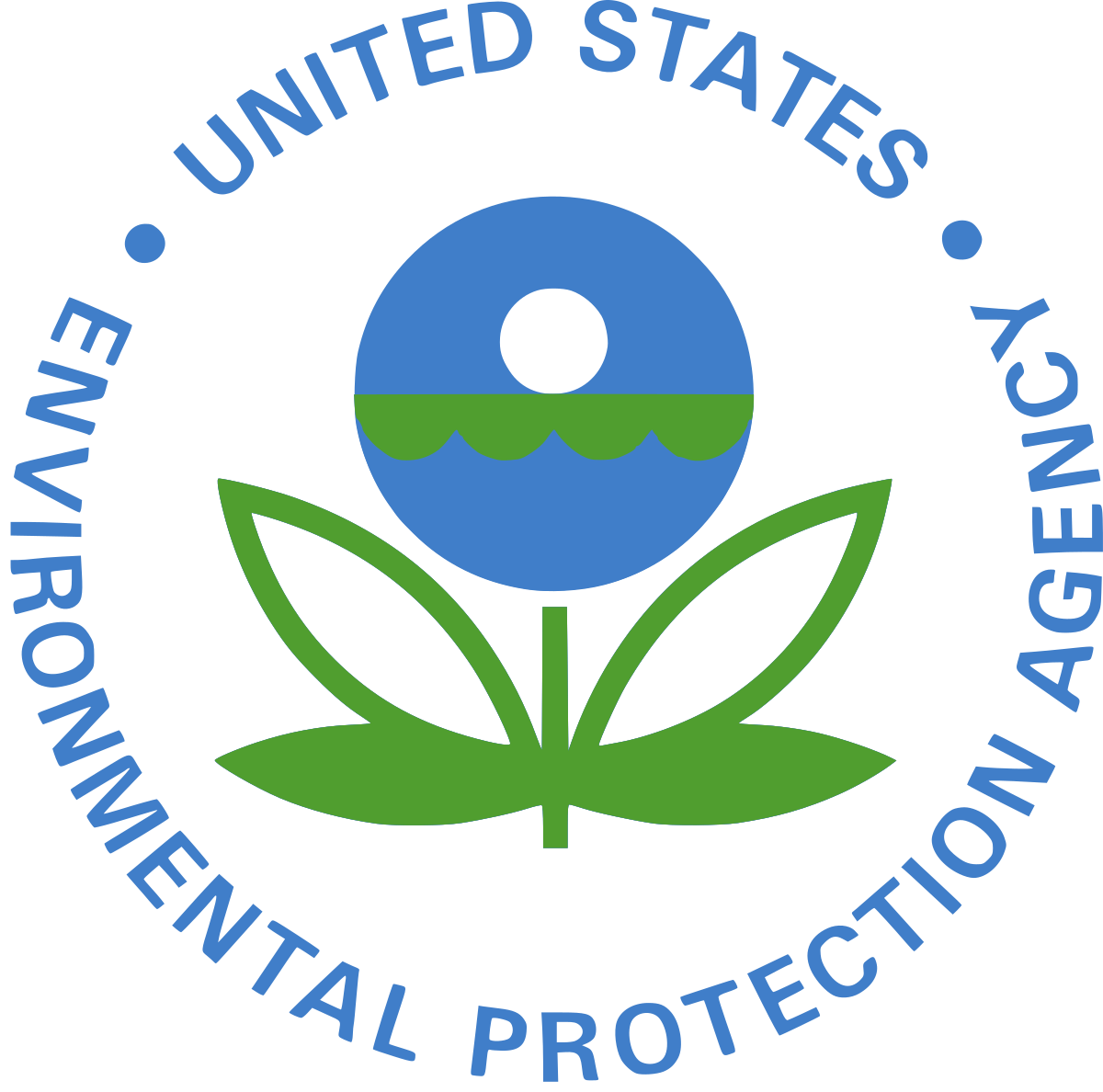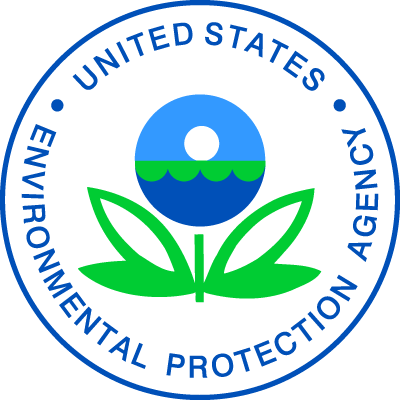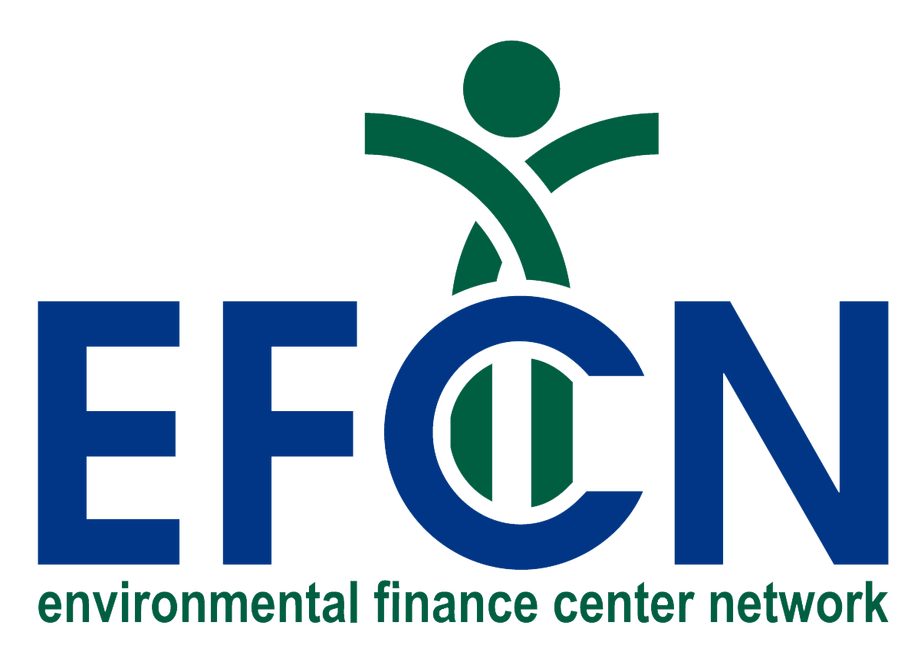Water systems throughout North America use the American Water Works Association (AWWA) Water Audit software to evaluate water supply and distribution system performance and revenue recovery. This presentation will provide an overview of the AWWA water audit process and highlight the importance of quantifying customer meter inaccuracies, including how these inaccuracies contribute to lost revenue. Quantifying meter inaccuracies requires testing of both source and consumption meters. The presentation will discuss how to select water meters for testing and apply results to an overall meter population. Replacing inaccurate meters can increase revenue that supports new capital improvement projects. Presenters: John Heltzel, EPA Region 9, Environmental Finance Center at Sacramento State’s Office of Water Programs Who Should Attend: • Managers, owners, and operators of small water systems serving less than 10,000 people • Decision-makers for water utilities, including mayors, finance officers, utility managers, public works directors, city councilors, board members, tribal council members, and clerks • Consultants and technical assistance providers serving water systems If you require a certificate: Each viewer must register and attend individually, and participate for the entire duration of the webinar. We cannot provide certificates to individuals watching the webinar as a group. Partners Include: Government Finance Officers Foundation, NADO Research Foundation, Environmental […]



